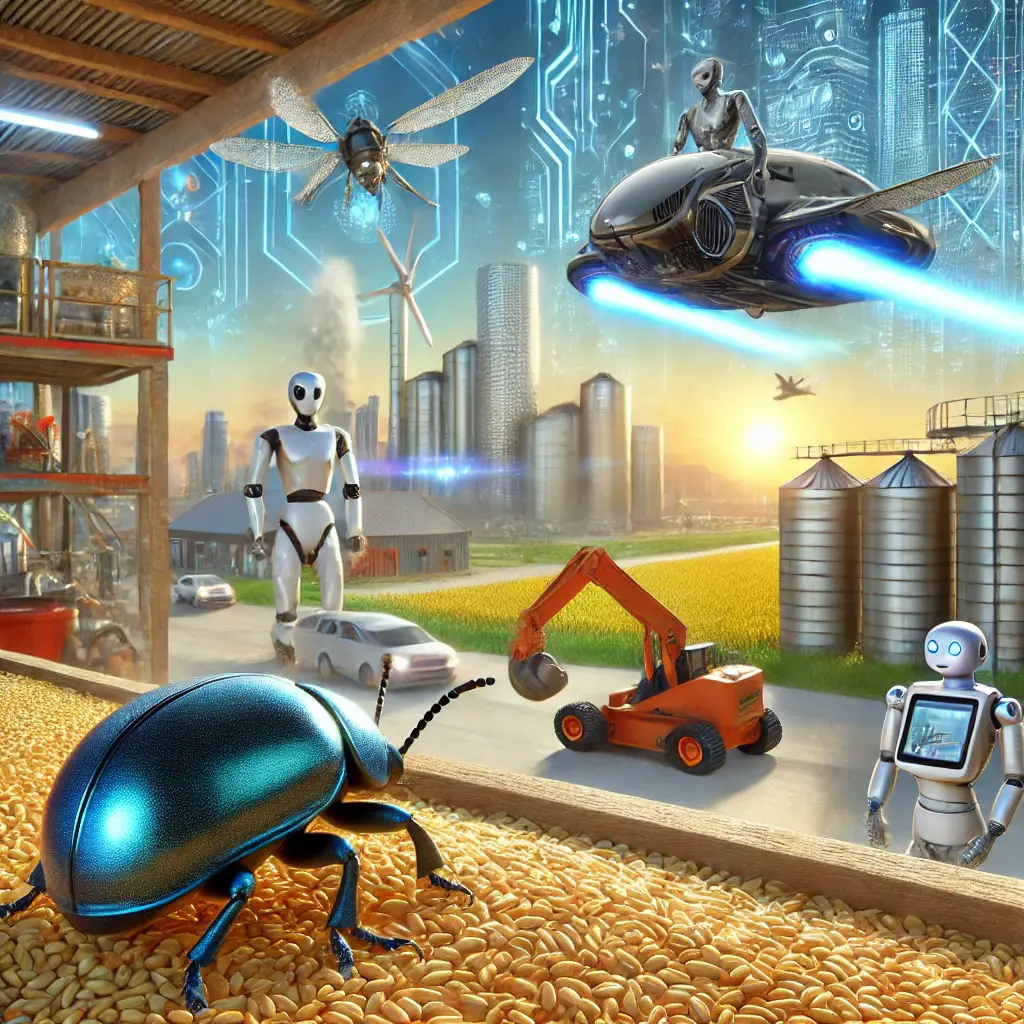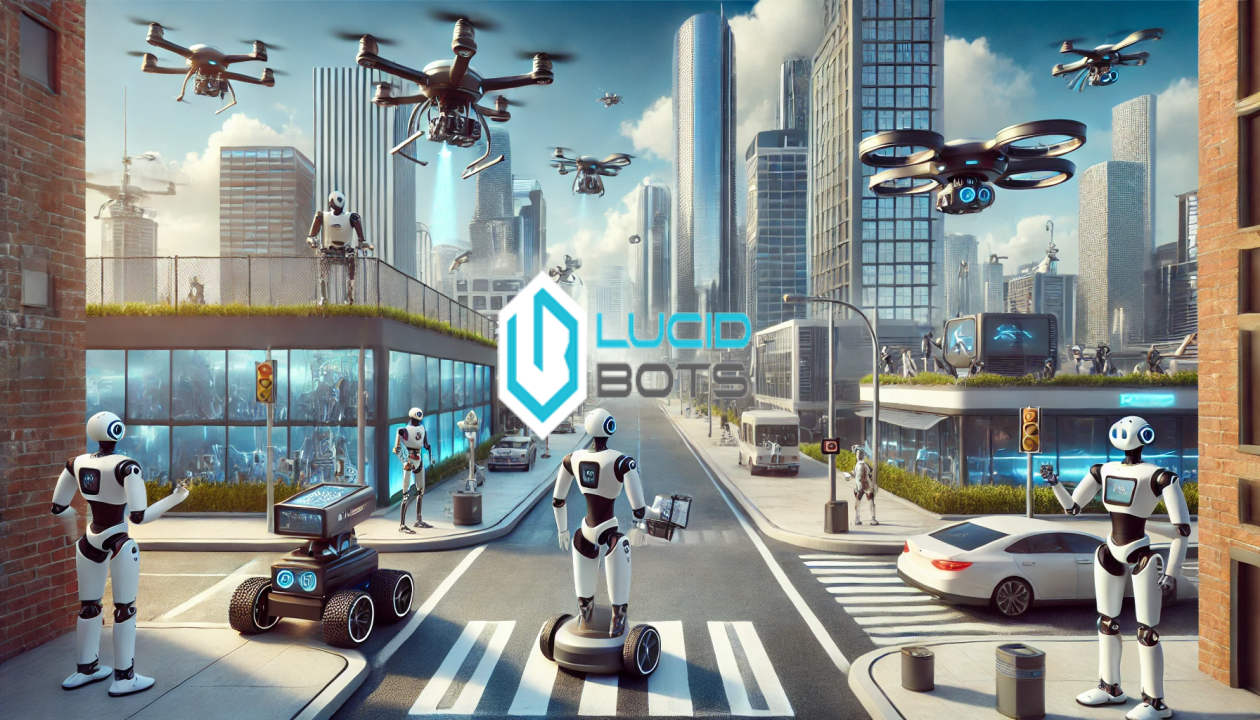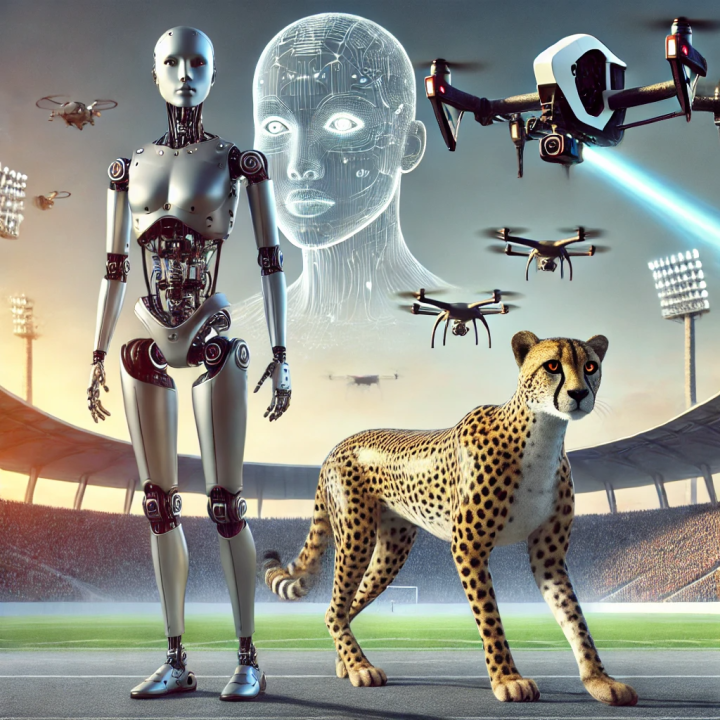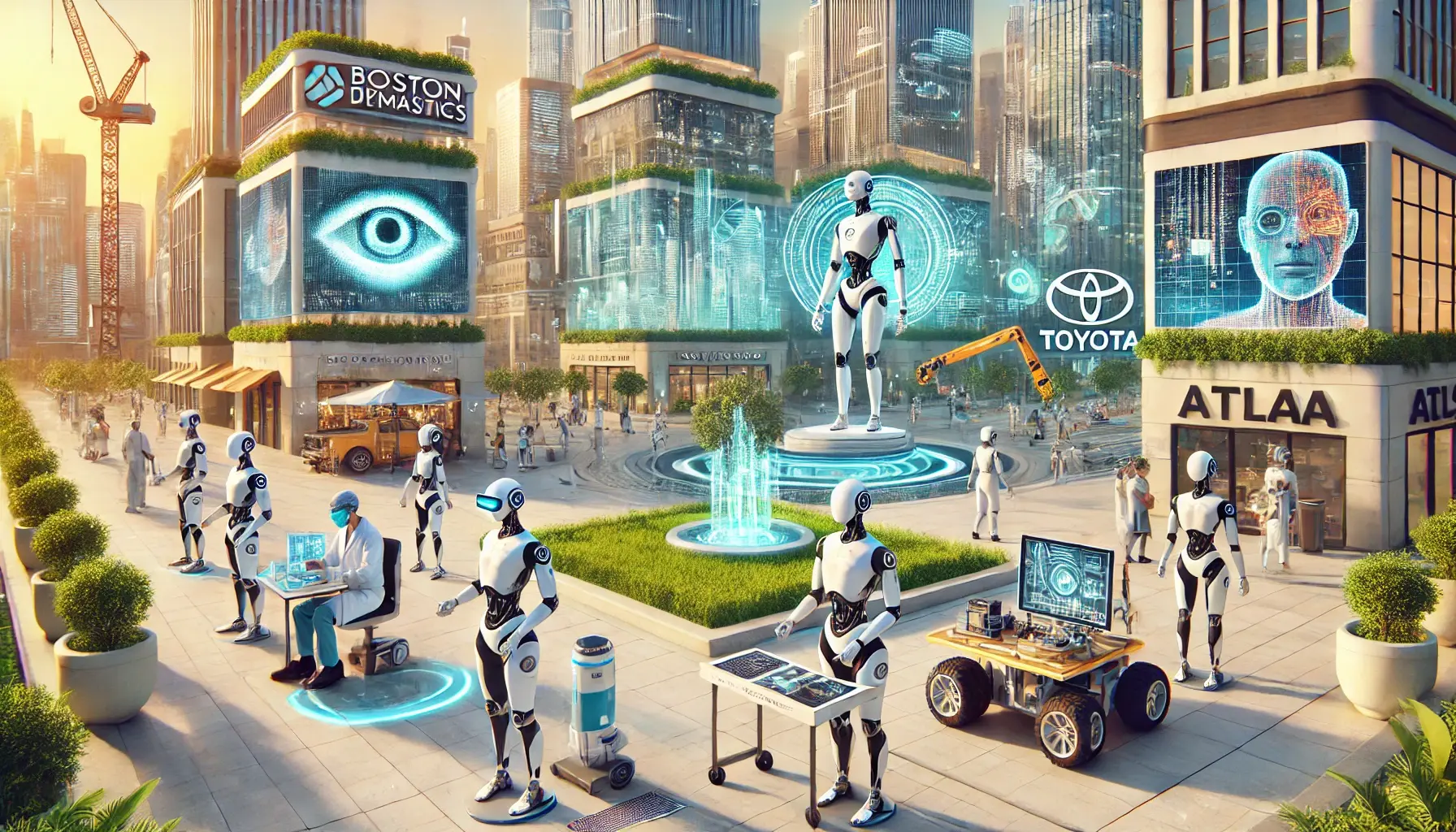TL;DR - Robotics are enhancing safety in grain storage, revolutionizing Amazon’s warehouses, enabling aerial rescue missions, and scaling autonomous transportation with Waymo's robotaxis.
A Nebraska-based startup, Grain Weevil, is tackling a critical safety issue in agriculture: the dangers associated with grain bins. Grain bins, which are essential for storing bulk grain, can be death traps for farmers, causing entrapment and suffocation. Grain Weevil's solution is a small, beetle-like robot that operates inside grain bins, moving grain smoothly without requiring human entry. This robot is designed to level grain, break up crusts, and manage grain distribution efficiently and safely.
The robot is lightweight, robust, and operates autonomously, reducing the need for farmers to physically enter grain bins—a task that has led to numerous accidents and fatalities over the years. By handling these dangerous tasks, Grain Weevil not only enhances safety but also increases operational efficiency on farms. The company has received significant attention and funding as it seeks to expand its impact across the agricultural industry.
Major takeaway: Grain Weevil's innovative robot is transforming grain bin safety, potentially saving lives by eliminating the need for farmers to perform hazardous tasks manually.
Amazon has made a significant move in its quest to dominate warehouse robotics by acquiring key talent and technology from Covariant, a leading AI startup focused on automating complex tasks like picking and sorting. The deal includes hiring Covariant’s founders and 25% of its staff, alongside a non-exclusive license for its AI models. This comes as part of Amazon's broader push to improve the efficiency and safety of its fulfillment centers, which already rely heavily on in-house robotics systems.
Covariant’s AI models, known for their proficiency in handling difficult-to-automate tasks like item induction and depalletization, will allow Amazon to further streamline operations, reduce human error, and enhance workplace safety. The deal is a continuation of Amazon’s strategy to absorb both talent and technology without fully acquiring companies, a tactic it employed earlier this year with AI startup Adept.
Major takeaway: This partnership will accelerate Amazon’s automation efforts, making its fulfillment centers even more efficient, while also relieving workers from repetitive and physically taxing tasks.
The Italian Institute of Technology (IIT) has developed iRonCub, a humanoid robot outfitted with jet engines, designed to assist in search and rescue missions. Inspired by Iron Man, this robot can potentially fly into disaster zones or remote areas where human help is difficult to reach. Its four-jet engine configuration generates enough thrust to lift the robot off the ground, while its titanium-reinforced frame and heat-resistant materials ensure it can withstand extreme flight conditions.
iRonCub represents a significant leap in robotics, merging aerial capabilities with humanoid functionality. Beyond rescue missions, it could also be used to inspect hazardous sites and provide crucial data before human responders arrive, making it a versatile tool for dangerous environments.
Major takeaway: iRonCub is a bold step toward combining human-like versatility with the mobility of flight, offering new possibilities in emergency response and infrastructure inspection.
Waymo, Google's self-driving subsidiary, is ramping up its robotaxi services across major U.S. cities like San Francisco and Los Angeles, making strides in driverless technology. Its newest robotaxi, built in partnership with Chinese automaker Zeekr, is purpose-built for autonomous operations. Unlike previous models based on retrofitted Jaguar I-Pace vehicles, this model is designed from the ground up to function without a driver. It features fewer sensors, making it cheaper to run, and is optimized to handle extreme weather conditions, a challenge that has plagued earlier iterations.
Waymo's fleet currently provides over 100,000 rides per week, showcasing its rapid growth. While Tesla is gearing up to launch its robotaxi service later this year, Waymo’s head start and its real-world deployment put it ahead in the race for robotaxi dominance.
Waymo's advancements in cost reduction and adaptability signal a maturing autonomous vehicle industry. Tesla's upcoming robotaxi will likely add pressure, but Waymo's established operations provide a significant lead in the market.
Major takeaway: Waymo continues to scale its robotaxi operations, positioning itself as a major player in the driverless transportation market while Tesla readies its competitive entry.
About Lucid Bots:
Founded in 2018, Lucid Bots Inc. is an AI robotics company that is committed to uplifting humanity by building the world's most productive and responsible robots that can do dangerous and demanding tasks. Headquartered in Charlotte, the company engineers, manufactures, and supports its products domestically, which include the Sherpa, a cleaning drone, and the Lavo Bot, a pressure-washing robot. Lucid Bots' products are elevating safety and efficiency for a growing number of customers around the world. Lucid is a Y Combinator-backed company, with investments from Cubit Capital, Idea Fund Partners, Danu Ventures, and others. Lucid Bots raised $9M in Series A funding in May and was recently named a member of the NVIDIA Inception Program, designed to help startups evolve faster through cutting-edge technology, opportunities to connect with venture capitalists, and access to the latest technical resources.

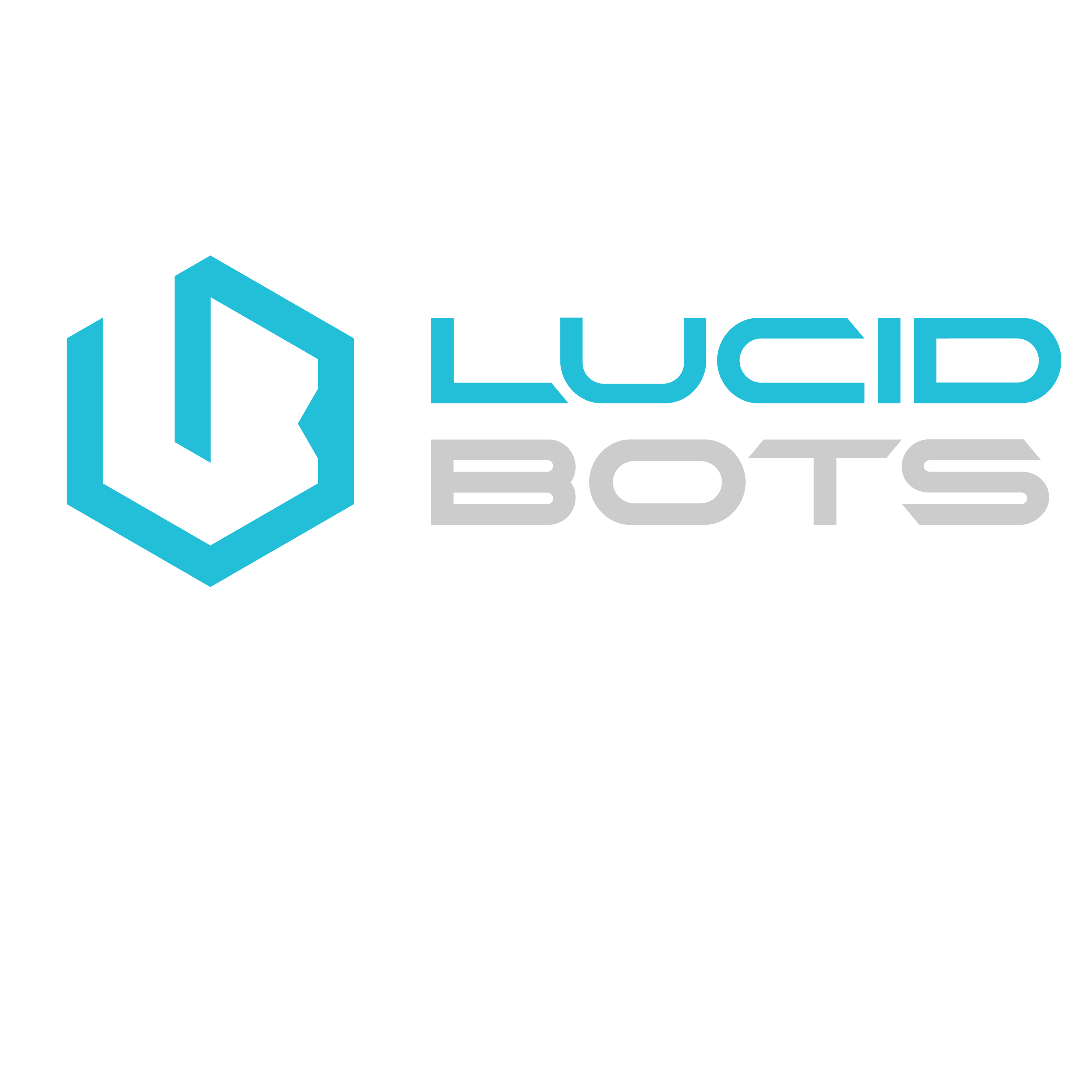


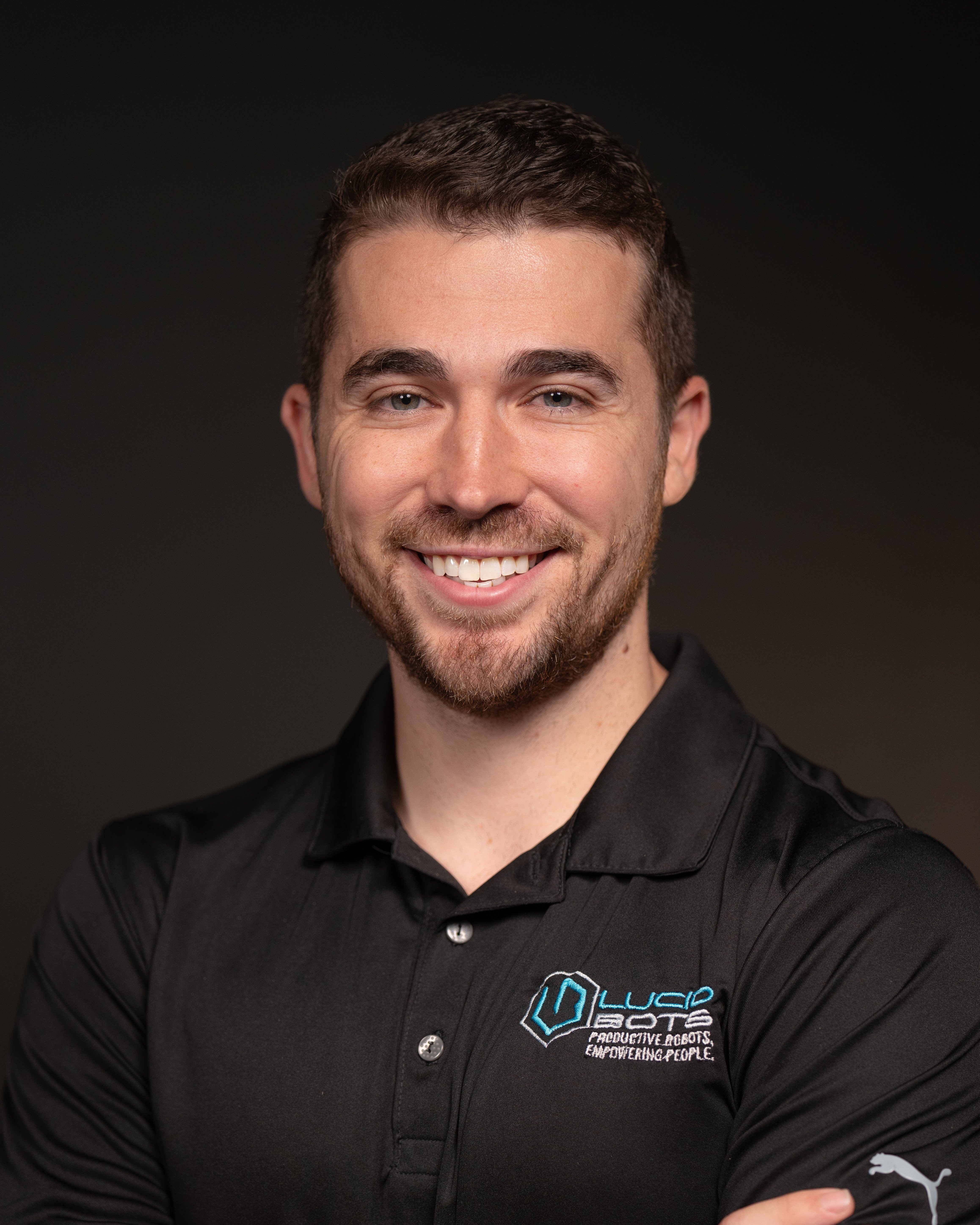 Andrew Ashur
Andrew Ashur
